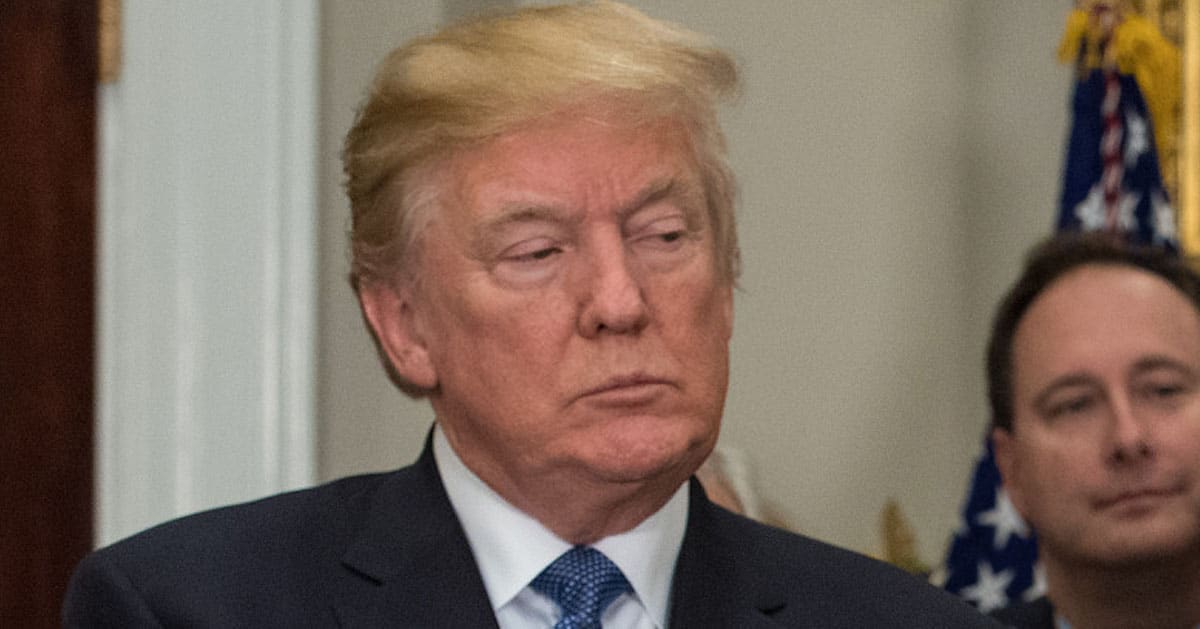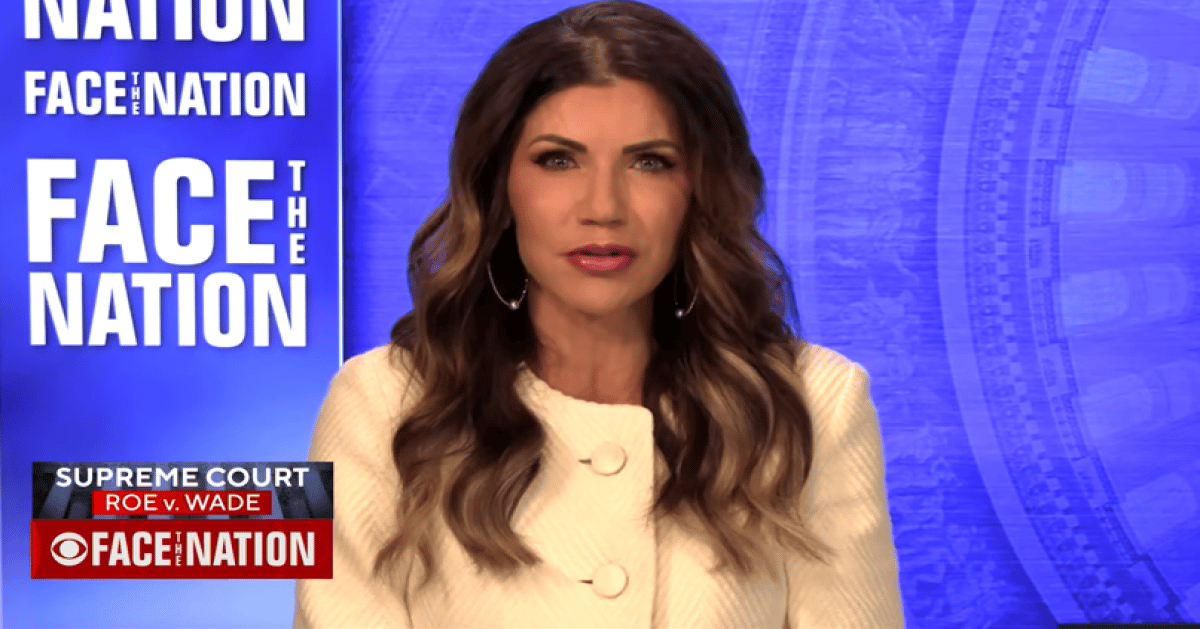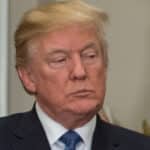





Vice President JD Vance is under fierce scrutiny from several of Rupert Murdoch's prominent U.S. media outlets, including the Wall Street Journal, Fox News, and the New York Post, Breitbart reported.
The media conglomerates continue their critical stance against Vance, which began during the 2024 election when he was chosen as former President Donald Trump's running mate, highlighting a divide between the traditional GOP establishment and the emerging economic nationalist faction represented by Vance.
Murdoch’s media network has mounted its critique on Vice President Vance, with the Wall Street Journal taking the lead. During the recent months of February through June, the Journal has intensified its editorial and op-ed coverage, repeatedly targeting Vance's economic and foreign policy positions. This media narrative finds its roots in the opposition during the 2024 presidential race, where Vance's selection as Trump’s vice-presidential candidate was controversial in some GOP circles.
Throughout this year, the Wall Street Journal has issued a series of editorials dissecting Vance’s policy stances. One particular editorial from mid-February critiqued his immigration views, a policy area where Vance has often emphasized stricter controls, aligning with Trump's agenda. Other editorial pieces further scrutinized his perspectives on international matters, such as his reactions to Germany's freedom of speech policies.
Vance's approach towards the ongoing conflict between Russia and Ukraine has been another focal point of criticism. In April, an editorial in the Journal accused Vance of making what was termed a significant misstep during negotiations linked to Russian-Ukrainian peace talks. The critique suggested that his views could contradict and challenge Trump's diplomatic goals and settlement proposals.
From March through the spring, the Journal published pieces that appeared to question Vance's dedication and intentions, drawing comparisons with historical figures to illustrate perceived misalignments. These comparisons implied a perceived deviation from core GOP priorities and raised questions within the broader foreign policy discourse.
May brought a continuation of this critical trajectory, with more op-eds taking aim at Vance’s remarks on tariffs and the federal judiciary. These articles mirrored the consistent theme of questioning Vance’s qualifications and his potential influence on Trump's administration. Fox News and the New York Post joined the Journal in broadcasting similar critical viewpoints, intensifying the media barrage.
An article in the New York Post focused on raising doubts about Vance's contributions to Trump's peace discussions, while another from Fox questioned his opinions regarding the judiciary. These ongoing criticisms have been observed as an attempt to potentially weaken Vance’s influence and, by extension, Trump’s broader diplomatic strategies.
This ongoing tension between Murdoch's media properties and the Trump administration's affiliates has not gone unnoticed. Increasing dissatisfaction is apparent among several within Trump’s orbit, hinting at possible shifts in media engagement strategies. Reports suggest that alternative media partnerships are being considered to better align with the administration’s narrative.
Within the GOP, frustration over Murdoch-media’s stance is palpable. A senior party adviser criticized the established media’s perceived detachment from the evolving direction of the party, expressing concern over the continued advocacy for protracted conflicts. This perspective aligns with sentiments shared by Vance and others, who identify with an America First position.
A GOP strategist asserted that despite Trump's longstanding leadership in the party, there remains evident resistance from Murdoch-owned outlets in fully endorsing his initiatives, particularly those affecting foreign policy. This underscores the ideological chasm between Trump’s newer economic nationalist faction and the more conventional media-backed GOP establishment.
Sources close to Vance have pointed to a longstanding neoconservative influence in foreign affairs as a significant source of contention. According to these insiders, individuals advocating for this perspective are frustrated by the shift away from their established place in the decision-making process.
This media offensive against Vance is interpreted as a tactical move to destabilize figures aligned with Trump’s vision. A source linked to Trump’s family criticized what they described as outdated attempts by Murdoch’s outlets to sustain neoconservative influences.
The skepticism and demand for accountability from the media have spotlighted Vance’s distinctive approach to policy, particularly as it pertains to grassroots economic and foreign agendas. This has created a landscape where pro-Trump figures may need to forge new communication channels to sustain their narratives effectively.
As the landscape continues to evolve, the interplay between Murdoch's media perspectives and the prevailing political strategies will likely shape the future deliberations within the GOP. Whether Vance and his allies can navigate this complex media environment without conceding their positions remains an unfolding discourse.



